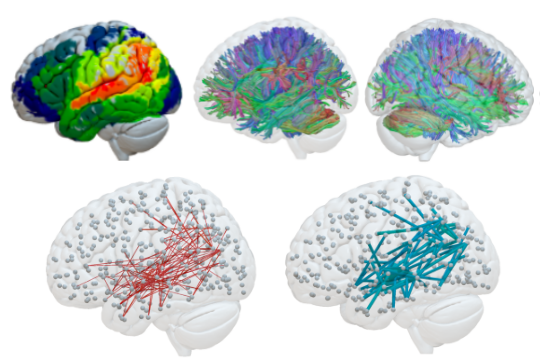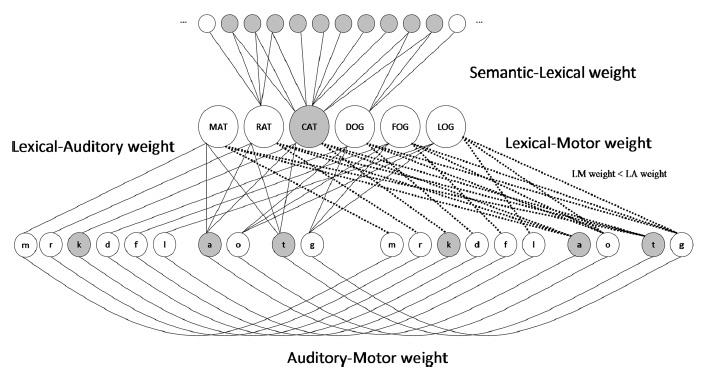Innovative approaches to
aphasia recovery.
Project 1
The goal of project 1, lead by Dr. Julius Fridriksson, is to inform the clinical management of post-stroke chronic aphasia by identifying factors that predict how an individual will respond to different treatment methods.
Project 2


Project 3
The most common question we receive from people with aphasia is: what recovery can I expect? This is a hard question for clinicians to answer: some individuals who initially have profound deficits get better without any treatment, while some get better only with intensive therapy and others show little recovery. Our goal is to combine brain imaging and initial testing to accurately predict the expected recovery. This can help individuals set realistic goals. Further, we hope to identify which individuals will respond to specific types of therapy, so the rehabilitation can focus on the most effective treatment.
Project 4
A theoretically based study that looks at neuropsychological models of speech and language in normal people and then relating those to recovery in patients.
.
